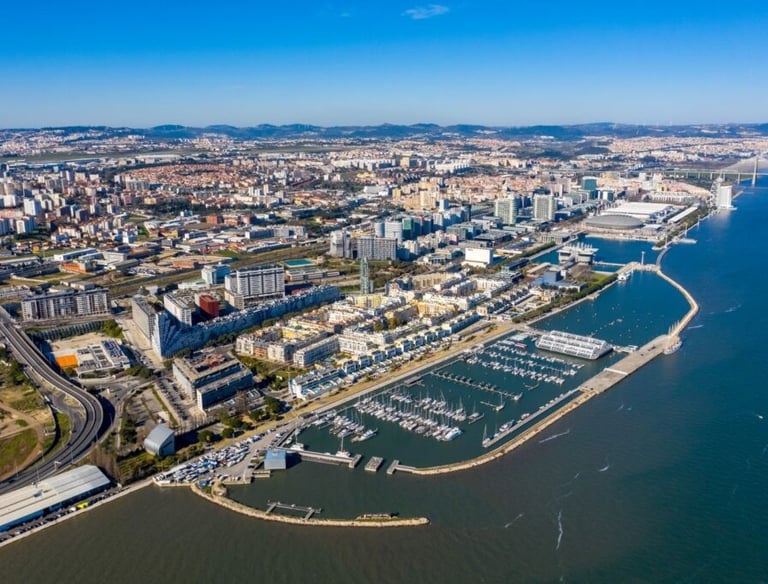How to Apply for Portuguese Citizenship
According to the definition of “Portuguese citizenship” expressed in article 4 of the Constitution of the Portuguese Republic (CRP) in force, “All those who are considered as such by law or by international convention[1] are citizens”. It is important to highlight that the Portuguese Constitution “makes no distinction between originally Portuguese and naturalized citizens, except in the case of eligibility for President of the Republic.
Citizenship is, according to paragraph 1 of article 26 of the Portuguese Constitution, a right that is in accordance with the text of the Universal Declaration of Human Rights of 1948: “Everyone has the right to a nationality”.
According to the Nationality Law[2] and the Portuguese Nationality Regulation, the basis for granting nationality results from the mere effect of the law and declaration of will, or acquisition by effect of will, through adoption or naturalization.
Thus, the attribution of original nationality to individuals born in Portuguese territory, children of a Portuguese mother or a Portuguese father, as well as those born in Portuguese territory, children of foreigners, if one of the parents was born here and resided here at the time of the child's birth, has effects from birth. There are several situations,
By effect of the will to those born abroad.
By effect of the will to those born in Portuguese territory
By effect of the will to grandchildren of Portuguese
By will to minor or adult children accompanied
By effect of will in the case of marriage or stable union, in the case of a foreigner who has been married to a Portuguese person for more than three years, if, during the marriage, he wishes to acquire nationality, he must declare it, provided that he has previously obtained judicial recognition of the stable union situation.
By effect of will after loss of nationality during the age of majority or subjection to the regime of accompanied adult
Acquisition by effect of adoption in this case, those adopted by a Portuguese citizen acquire Portuguese nationality by mere effect of the law and it takes effect from the date of registration.
Portuguese citizenship may be granted by naturalization, provided that certain specific requirements stipulated by law are met, namely, the date of the application, the interested parties must be of legal age or emancipated under Portuguese law and have resided in Portuguese territory for at least 5 years.
When minors are in Portuguese territory – at the time of the application, they must satisfy one of the following conditions: one of the parents has resided in Portuguese territory, regardless of title, for at least the five years immediately prior to the application;
In the case of young people housed in State institutions or similar institutions - children and young people under the age of 18 who, at the time of the request, have already reached the age of criminal liability.
Individuals who had Portuguese nationality and, having lost it, never acquired another nationality.
Foreigners born in Portuguese territory who have resided here in the five years immediately prior to the application, children of foreigners who had residency here.
1 minute read
Published on February 7, 2025
Author of the Article
Loide Castelo Branco
[1] Canotilho J.J. Gomes and Moreira Vital - Constitution of the Portuguese Republic Annotated articles 1 to 107, 4th edition, volume 1, Editora Coimbra (2007), pages 220-222.
[2] Nationality Law, Law No. 37/81, of October 3, updated version and the Portuguese Nationality Regulation Decree-Law No. 237-A/2006, of December 14, 6th updated version, Decree-Law 41/2023, of June 2.









